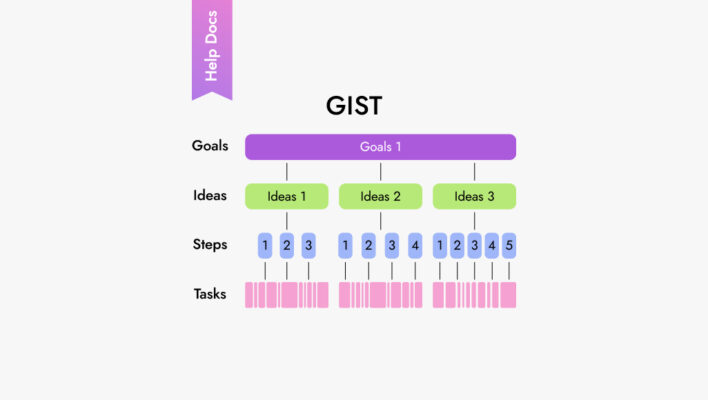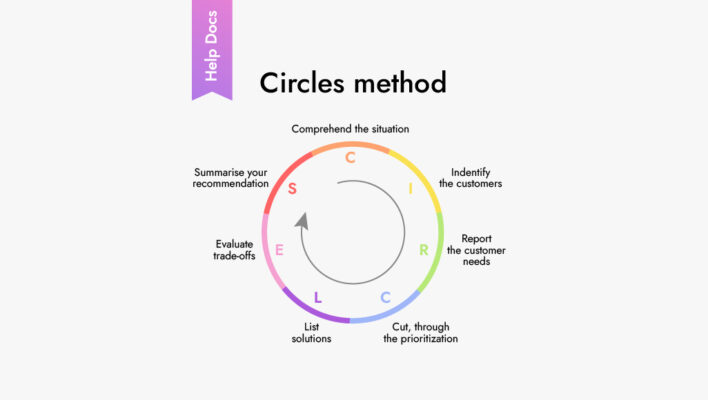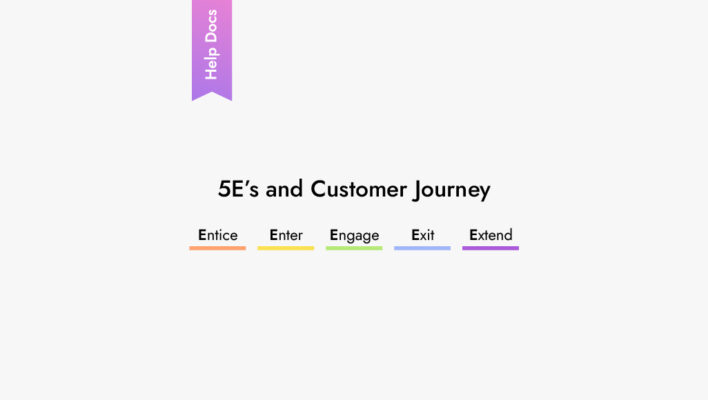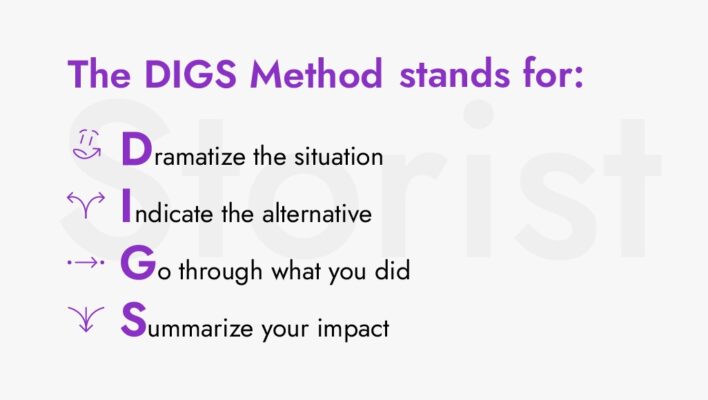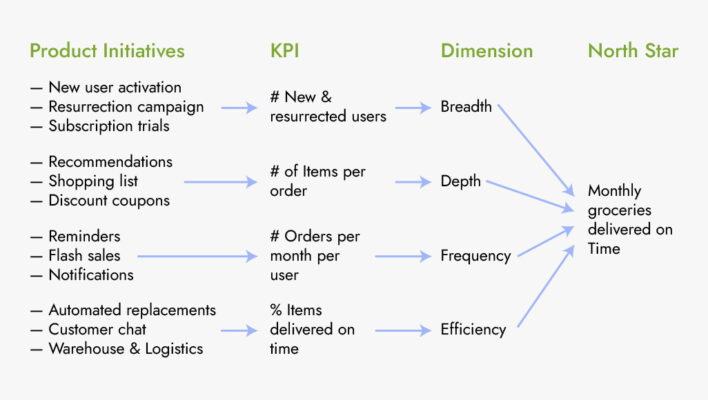What should you teach your child for him to have brilliant career prospects?
Modern education system in the US is mainly focused on studying academic disciplines and passing standardized tests. At the same time, there is a lack of attention to the soft skills, despite them being highly demanded on the market.
From this article, you will learn how to help your child in developing his personal skills and to form habits, which will lead him to being successful regardless of future career choices.

Develop your child’s communicative skills.
The skill of interacting with people is probably one of the most important ones in life in the XXI century. Communicative skills include the ability to form your thoughts clearly, to understand what your opponent is trying to say, negotiating skills and achieving your purpose through communication. Great communicative skills will help your child in finding friends, solving conflict situations and provide great job prospects in many different areas.
Here are some ways to help the development of your child’s communicative skills:
- Talk to your kid as often as you can, teach him to express his thoughts and ideas. Ask questions and be an active listener.
- Develop your child’s empathy. Discuss feelings of the people you know or feelings of the characters in books and movies. Encourage your child to imagine himself in their shoes. What would he feel? At Common sense media you will find the list of films for different ages, which show the importance of understanding others and help to develop your child’s empathy.
- Stimulate him to like reading. It helps to improve language skills and vocabulary, which, in turn, will elevate communicative skills.
- Encourage your kid to write. Whether it is keeping a diary, or making up short stories or writing a letter to a friend – it will develop writing skills and the ability to express thoughts in the written form.
- Teach him to listen to others and to pay attention to non-verbal signals, like body language or voice tone.
- Encourage him to make public speeches, whether it is in class, at home or in the community. It will help to get used to the public and develop confidence.
- Provide opportunities for communicating with different people and cultures. It will help your child learn about various communicative styles and develop the skills necessary for effective communication with all sorts of people.
Teach time management
These days children can have many activities: school, sport clubs, extra-curricular activities. At the same time, it is necessary to have some spare time to rest and hang out with friends. It is not easy for a school student to find the balance between all those things. The earlier you teach him to manage his time right, the quicker he learns to set priorities and solve tasks in time without much stress. In the long-term, your child can become accustomed to effective time management, which will prepare him for building a career.
Here are a few ways to help your child learn to organize his time:
- Make a timetable together, which would include school, extra-curricular activities and leisure. It will help your kid to understand the importance of planning and prioritizing the tasks.
- Help him to set specific, measurable and accessible goals that he wants to achieve each day or a week.
- Print a template or make a tracker for executing regular tasks. Put the tracker on display and it will make everyday matters seem like a game.

- Show your student how to split big and complicated tasks into simple and more realistic parts.
- Teach him to set priorities depending on the importance and urgency of the tasks.
- Use the timer to help him keep track of how much time he spends on different types of activities. It will help him realize what time various tasks may take and make better plans in future.
- Explain the importance of planning the upcoming events in advance, for example, the process of preparing for mid-term tests or making a school project. It will help to avoid leaving too much work until the last moment and unnecessary stress.
- Set an example. Children learn by watching adults and emulating them. Parents can be an example of excellent time management if they are organized and punctual. Learn more about effective management and forming good habits from an interactive summary How to raise your productivity.

Keep in mind that the level of time management skill can be different depending on a child’s age. Be patient and help him find and correct his own mistakes.
Remember that time management is a skill, which takes time to develop. It is important to show support and patience, while the kid is trying to learn.
Show how to study effectively.
Adult people understand that education is crucial for the future. However, children realize the importance of education in a different way, depending on their age, maturity and personal characteristics. For instance, a little kid can understand that school is a place, where he goes to learn something new and to make friends. A high school student may realize that education will help him find a good job with a respectable salary. Yet there are situations when a child does not want to do homework and shows no interest in going to school. What should parents do in this situation? How to motivate your child to study?
Talk to your kid and try to find out together why he lacks interest towards studying. Perhaps, your son or daughter does not like teaching methods, which the teacher uses and he/she is just not interested. Psychologists believe that one of the most effective ways to bring the motivation back is to make sure that the child starts enjoying the process of studying. Talk to your kid and the teacher and try to find the most suitable decision together.
You can also suggest your child to try various study strategies and settle on the one, which will be the most effective and interesting for him.
Here are some tips to help a child acquire knowledge easier and make his study more simple and fun:
- Encourage your kid to actively work with studied material, opposed to passive reading or listening. Discuss what he has learned and how it can be applied in real life.
- Use visuals. Schemes and graphs can make comprehending and remembering the information easier.
- Use flashcards to help your kid memorize facts and data.
- Practice, practice, practice. Motivate your child to use the acquired knowledge, solving practical tasks or tests. Explain why it is important.
- Use technologies. Some kids study more effectively, when they use technologies and digital tools like video, interactive games and educational apps. For instance, there are educational games, working lists and plenty of other useful information represented at Education.com, which will help learn new material easier and with fun.
- Create a comfortable environment for studying at home and organize a workspace together. Support your child in everything. If he gets a bad mark, tell him “it happens sometime” and try to think together about improving the results next time.
One more way to motivate a kid to study is by your own example. Share the stuff you have just learned with him, discuss your questions and thoughts that came up during the process, and show him your study material. You don’t have to go back to college for this or attend exhausting evening courses. Watching a relevant video on YouTube, reading a good book or short-term studying might be enough for a positive example. At Storist you can find a 60-minute mini-course based on a business bestseller and complete it at a comfortable pace. Share the knowledge with your kid – show him interesting screens, think together about answers in interactive cases, try to use templates and frameworks given in the course. If this format fits you, you can pass the Storist test and get a personal selection of books for 3-month development. This way you will show your child that studying is important, relevant and exciting at any age.



